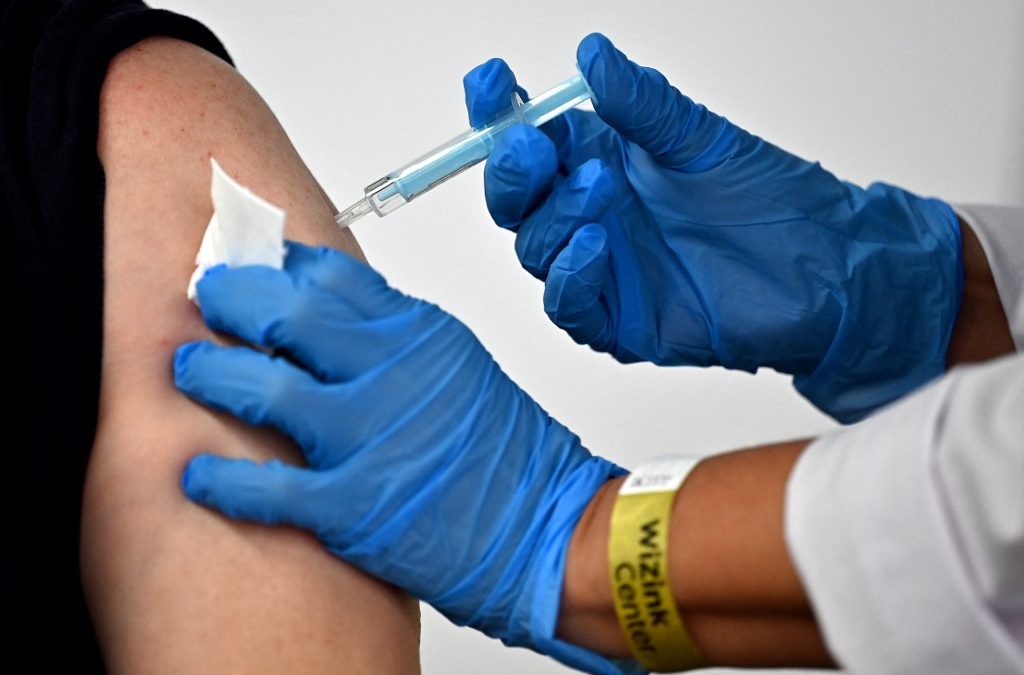The European Commission is ready to send additional mpox vaccines to African countries struggling with the disease, if necessary. It emphasizes that although the risk of spreading the disease in the EU is “low,” it is prepared to act.
Mpox is a disease caused by the monkeypox virus. It is a viral infection that can spread between humans, mainly through close contact, and sometimes from the environment to humans through objects and surfaces touched by an infected person.
In areas where the monkeypox virus is present among certain wild animals, it can also be transmitted from infected animals to humans who come into contact with them.
On Monday, the Health Security Committee convened in Brussels to discuss the disease. This informal advisory group on health security at the European level was established in 2001 at the request of the health ministers of the EU countries.
Speaking on Tuesday, EC spokesperson Stefan De Keersmaecker said the Committee concluded that the mpox situation should not be considered “extraordinary for health security in Europe.”
He also recalled the August assessment by the European Centre for Disease Prevention and Control (ECDC), which stated that the risk to Europeans is at a “low level.”
He conveyed that the Health Security Committee agreed on the need for a “closely coordinated approach” to the monkeypox virus.
“One of the things we learned from the Covid pandemic is the need to be prepared,” he added. “That’s why Hera (the European Commission’s directorate-general established to prepare the EU for future pandemics) signed agreements for mpox vaccines in 2022.” He explained that this involves the joint purchase of 2 million doses.
He said that in this context, international solidarity is important, and the vaccine contract allows for their transfer to countries outside the EU. This has already happened, as a few days ago the EC announced the transfer of up to 250,000 vaccines to the African Centers for Disease Control and Prevention (Africa CDC), which will then distribute them in African countries.
He added that the EC is in contact with Africa CDC and is ready to continue supporting countries struggling with the disease if needed. (20.08.2024)
 go to the original language article
go to the original language article
